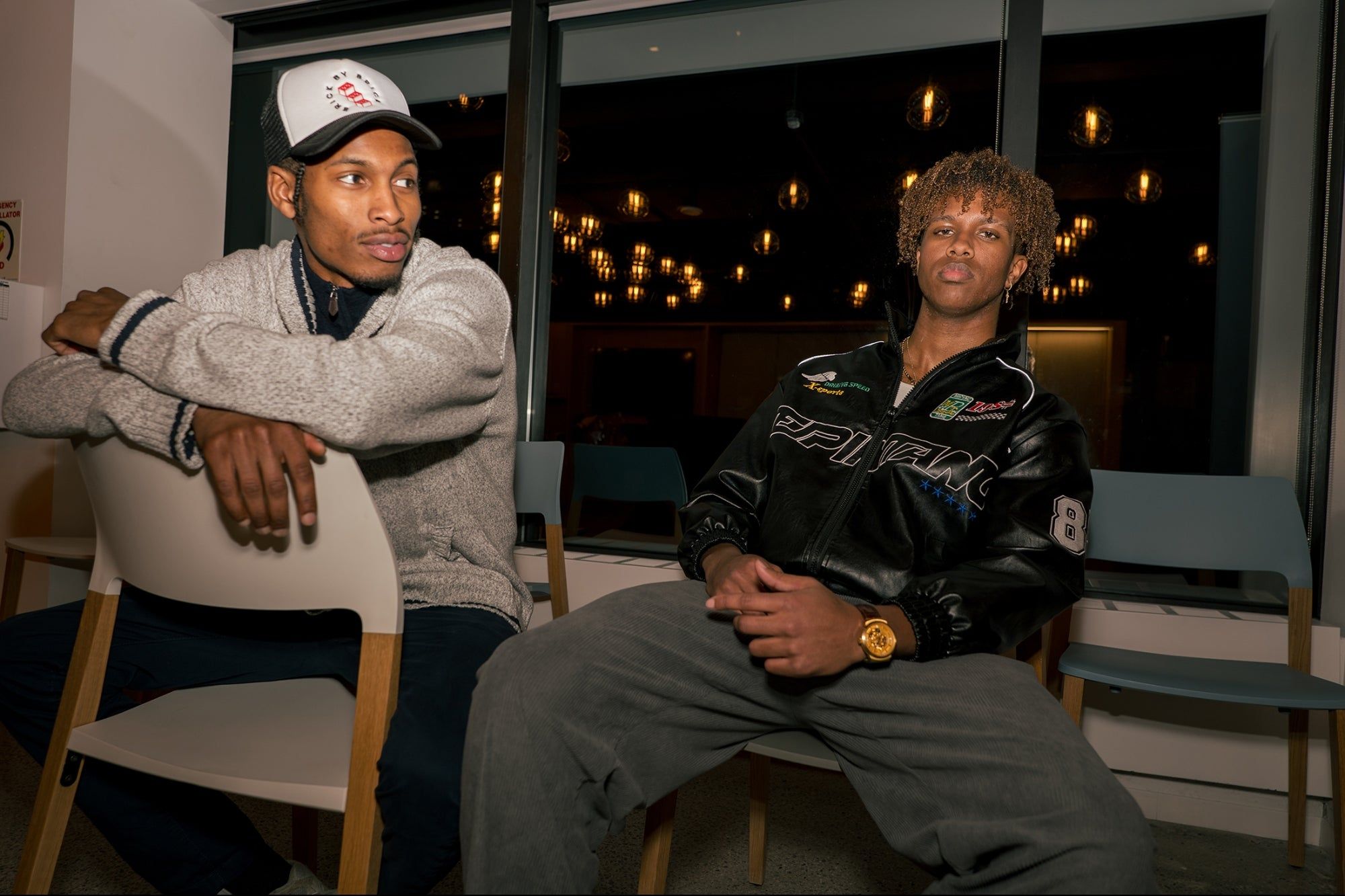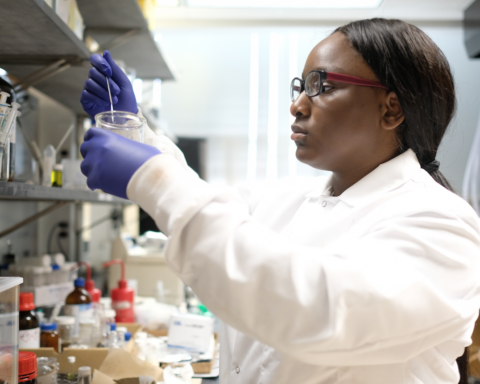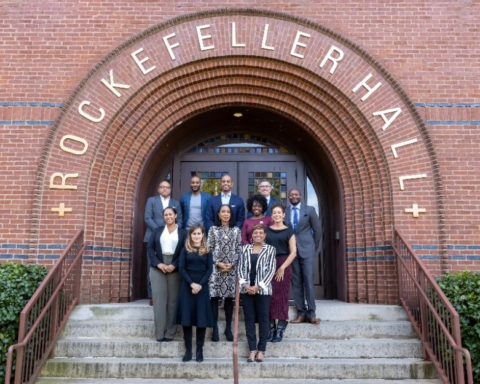That idea became the foundation for Series. Their platform uses AI-driven agents, or “AIfriends,” to facilitate introductions. Rather than relying on cold outreach or chance meetings, asone would do on LinkedIn, Series’ users train their AI agents on iMessage to understand theirneeds and connect them with the right people in their extended network.
In other words, users can text and train their “AI friend” and describe the kind of connection they need—whether it’s a co-founder, investor, mentor, or friend—and the AI then searches theSeries network to find a suitable match.
Johnson and Hargrow come from different parts of the country—Irvine, California, and Queens, New York, respectively—but found common ground at Yale, where both were drawn to entrepreneurship.
Johnson has been building things since childhood, including making walking sticks for visually impaired people when he was 8. Hargrow, a former athlete, saw startup life as the closest thing to the grind and unpredictability of sports.
The two understand how to tell a compelling story in order to sell a startup idea. What started with cold emails and warm intros quickly turned into a crash course in pitching, learning from initial “nos” and figuring out how to sell more than just a product.
They stuck with their core and positioned Series as the next step in human connection. They also learned to present Series with “ethical confidence.”
“If I am approaching a girl, I’m not going to tell her, ‘Well, I’m okay, but there are a lot of hot guys out there as well,'” Hargrow says. “I’m going to find a way to tell her I’m the best guy ever ethically.”
At Yale, the two have immersed themselves in the university’s entrepreneurial ecosystem, joining startup clubs and networking with other founders. They quickly realized that successwasn’t just about intelligence or hard work. Access played a huge role.
“Being at Yale gives us an unprecedented level of access to networks we wouldn’t have had otherwise,” Hargrow says.One pivotal connection led to Anne Lee Skates, a well-known Bay Area investor. After an impulsive decision to take a flight 36 hours later to California and a dinner that sealed the deal, she became their lead investor.




